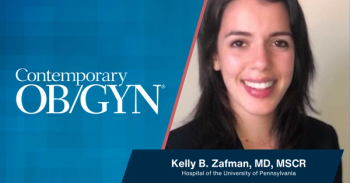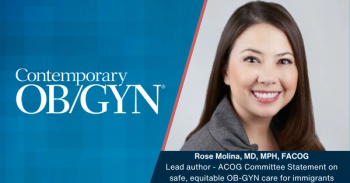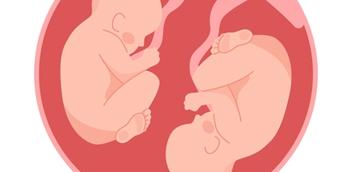
Consideration towards the psychosocial support needs of patients with breast cancer who have dependent children is imperative
Attention needs to be paid to the psychosocial needs of patients, especially those with poor health-related quality of life, who have little support, or are single mothers.
Consideration for the whole family and psychosocial supports needs is particularly important for patients with breast cancer who have dependent children, with those who have a poor health-related quality of life (HRQOL), little social support, and single mothers having higher psychosocial needs, according to a study published in Psycho-Oncology.
Findings from the study indicated that that 59.3% of patients with children expressed a current phycological support need and 33.3% expressed needs for their children. A bivariate association was identified indicating that a lack of social support and a poor maternal HRQOL resulted in higher psychosocial need among patients and their children.
A total of 561 patients met the study’s inclusion criteria and filled out a questionnaire, 23.0% of whom had received psychosocial support with their family prior to the rehabilitation program. For patients living in a metropolitan area, 30.4% had previously utilized psychosocial support compared with 17.4% of patients in rural areas. Psychosocial services were more frequently used by those who did not have a partner (34.5%), compared with patients who had a partner (20.5%). Additionally, 74.7% of patients who had not previously received family-centered psychosocial support felt that they had sufficient support from home, 48.5% did not feel a need for the services, and 42.3% did not know about the support offers.
In total, 87.1% expressed a need to support their children processing the disease, with 84.6% desiring support to determine whether their child’s reaction was appropriate. Moreover, 73.3% wanted support for their partners. Statements that referred to the patients' behavior, such as discussing their disease within the family, were less approved compared with statements regarding the well-being of the family as a whole.
Patients stated that family-centered support was mostly needed during the diagnostic stage (62.0%) and treatment stage (73.4%). In total, 24.4% of patients felt a need for family-centered support when finishing treatment, in addition to 22.3% who required support during rehabilitation. Additionally, 6.3% of patients did not specify the need for support. Over time, the need for psychosocial support remained stable (36.8%), and 33.1% did not need psychosocial support. Additionally, 17.9% had an increased need for support and 12.2% had a decreased need.
When seeking support, 81.4% of patients saw a psycho-oncologist and 12.7% used a professional counseling center.
If the patient did not have a partner, children trended towards having higher psychosocial support needs (51.3%) compared with patients who had a partner (29.6%). Additionally, patients less often expressed a need for psychosocial services for their partner and whole family (25.8% vs 22.9%).
Those without immediate social support or network tended to have higher psychosocial needs for themselves (76.1% vs 57.9%) and their children (63.2% vs 31.4%).
Patients who were reported to have psychosocial support needs were reported to have a lower HRQOL compared with those without. Patients showed a large difference on the social function scale. Emotional function had an even larger difference, but investigators reported that there was not an applicable threshold. Severa, medium differences were reported, including cognitive functioning, fatigue, sleep disturbances, and financial impact.
Reference
- Hammersen F, Pursche T, Fischer D, Katalinic A, Waldmann A. Psychosocial and family-centered support among breast cancer patients with dependent children. Psychooncology. 2021;30(3):361-368. doi:10.1002/pon.5585
Newsletter
Get the latest clinical updates, case studies, and expert commentary in obstetric and gynecologic care. Sign up now to stay informed.









